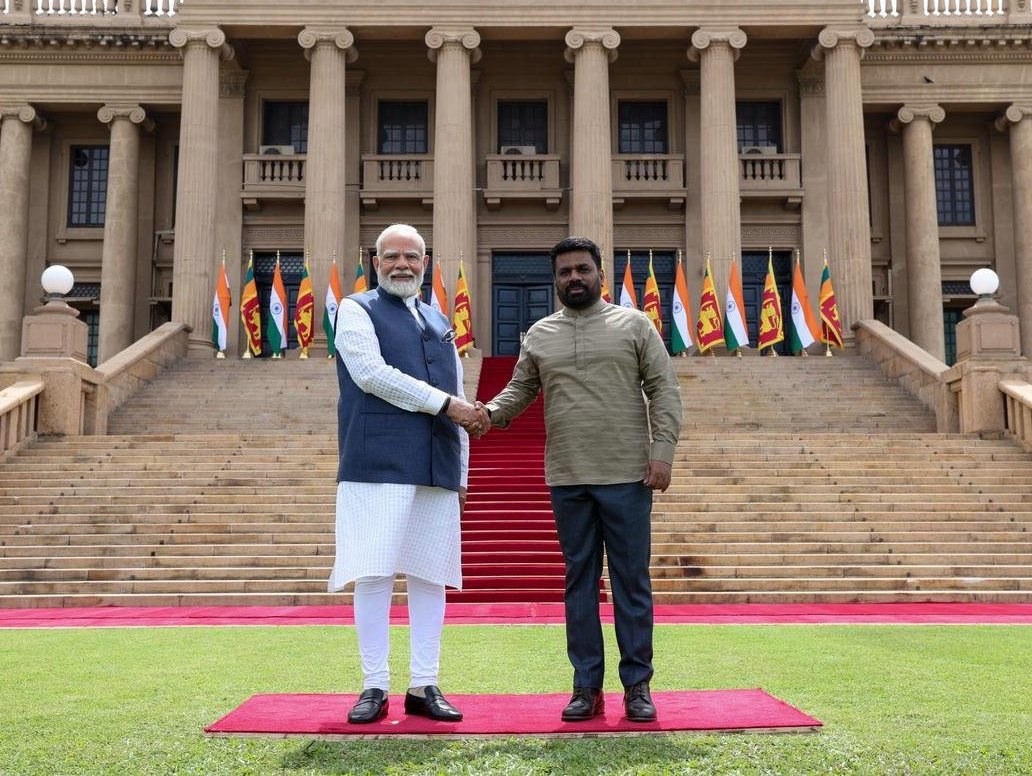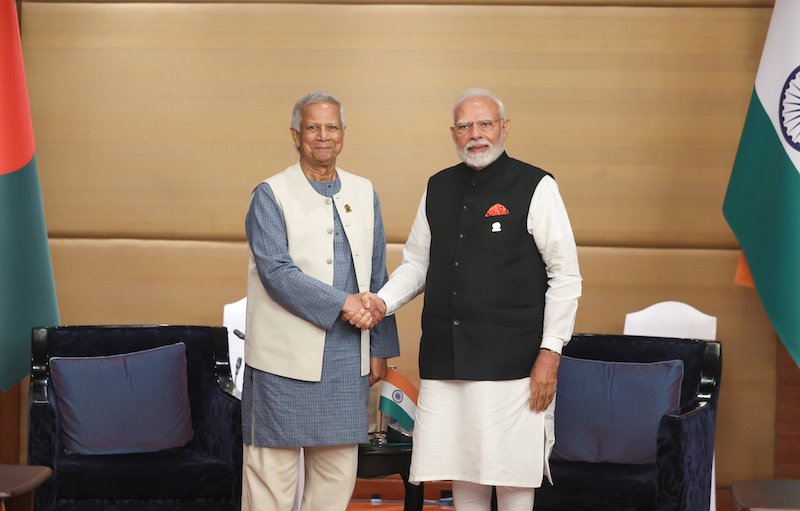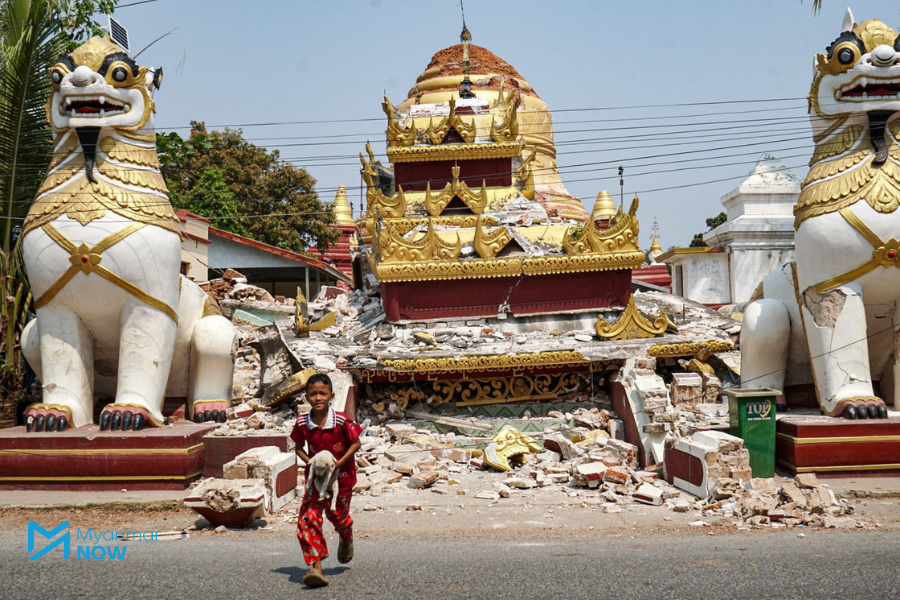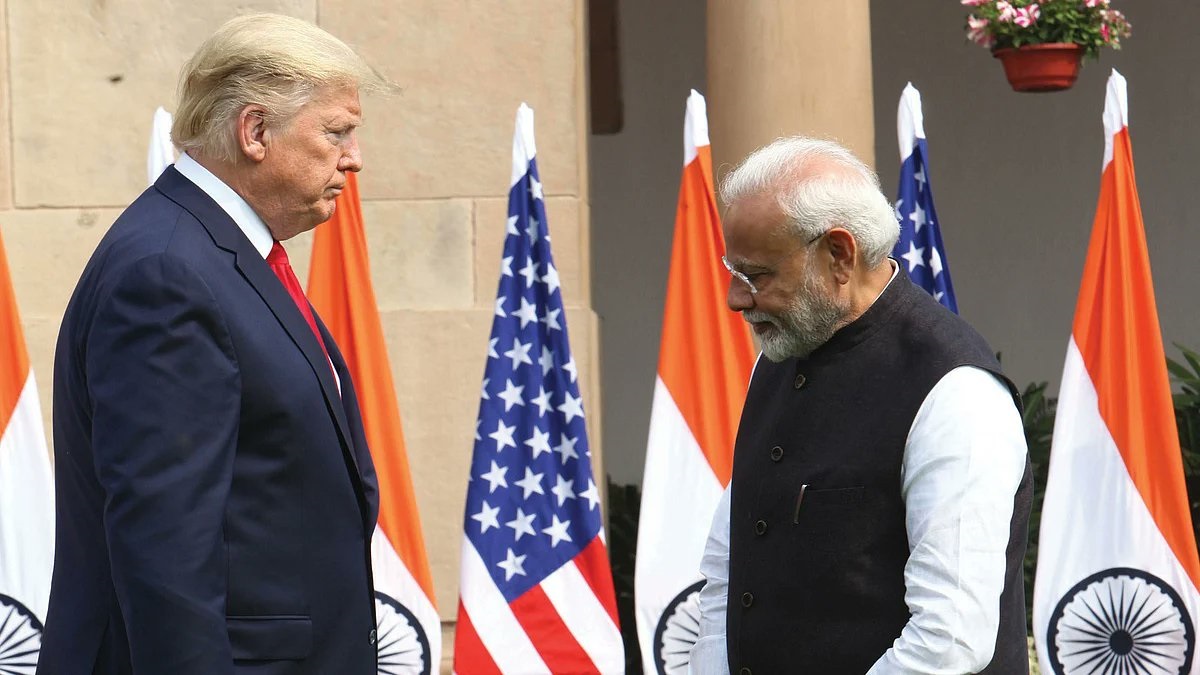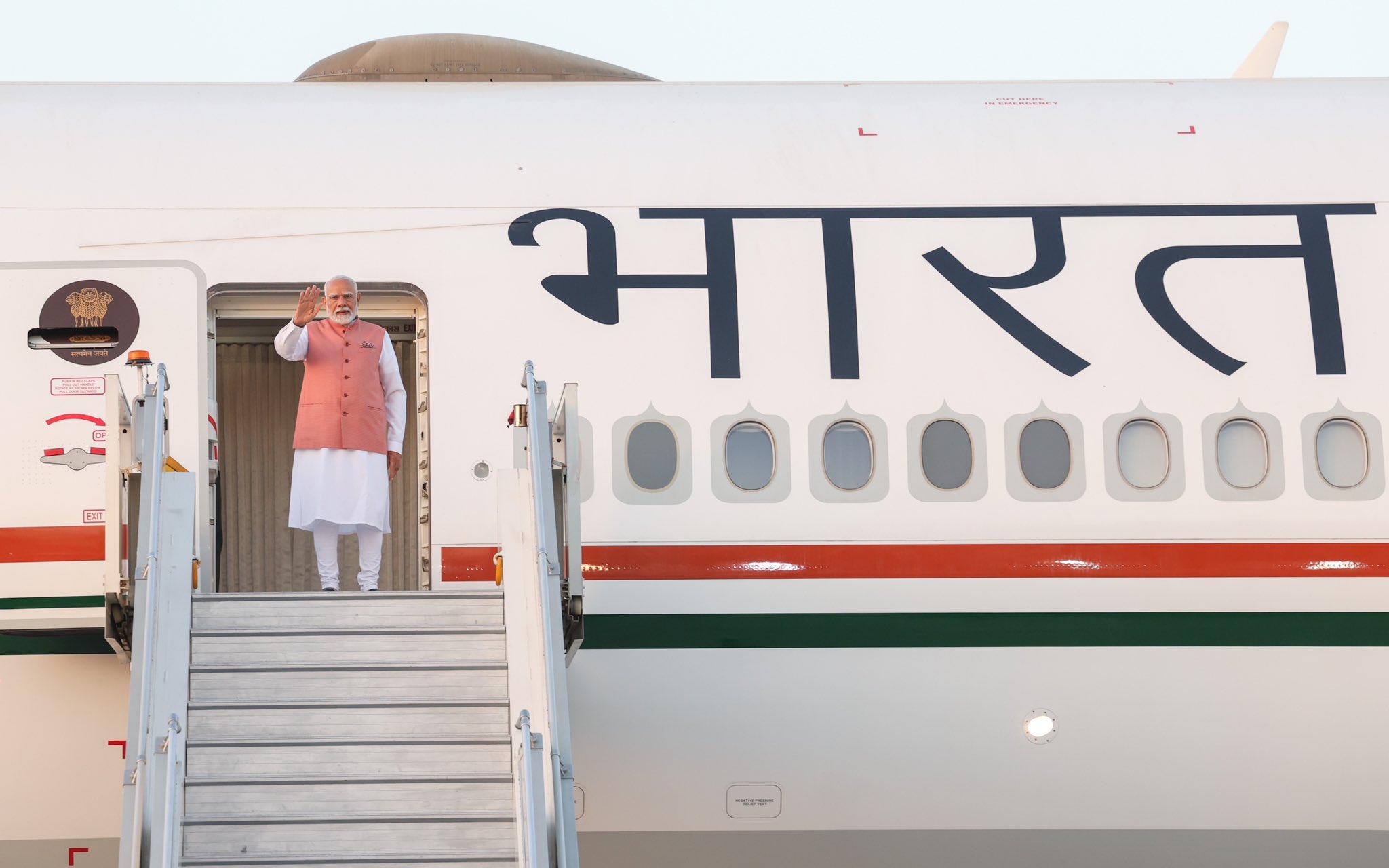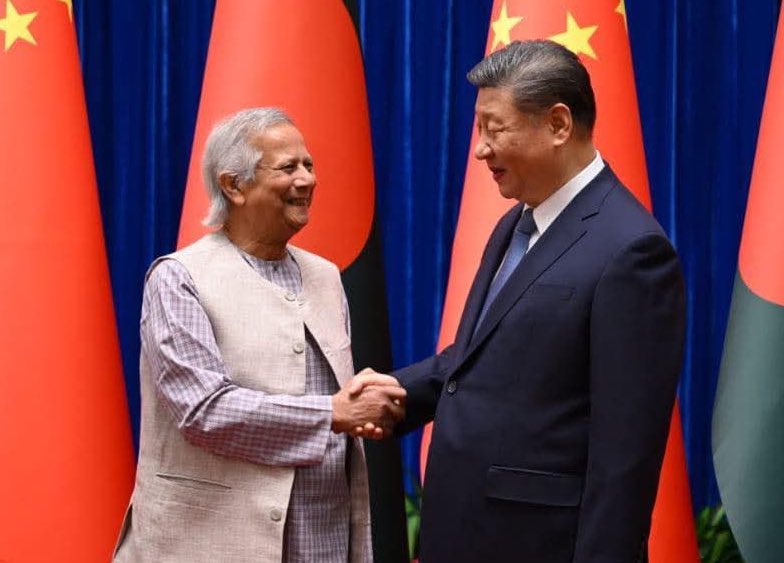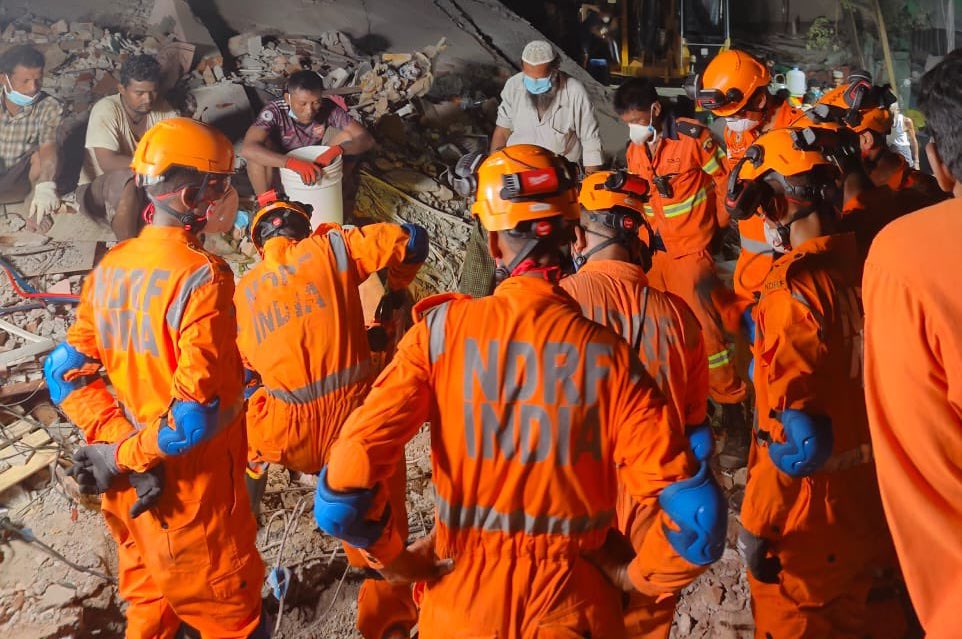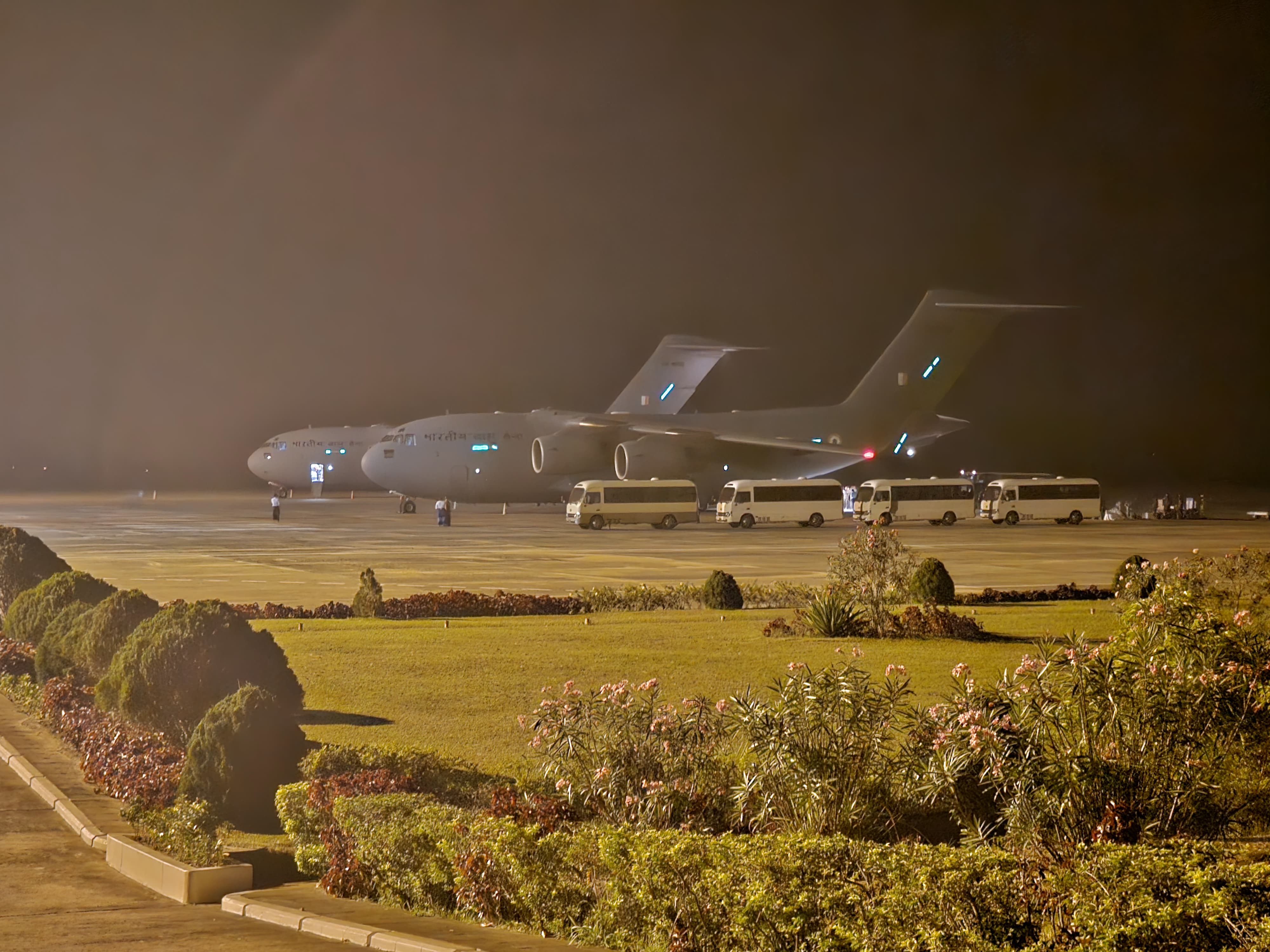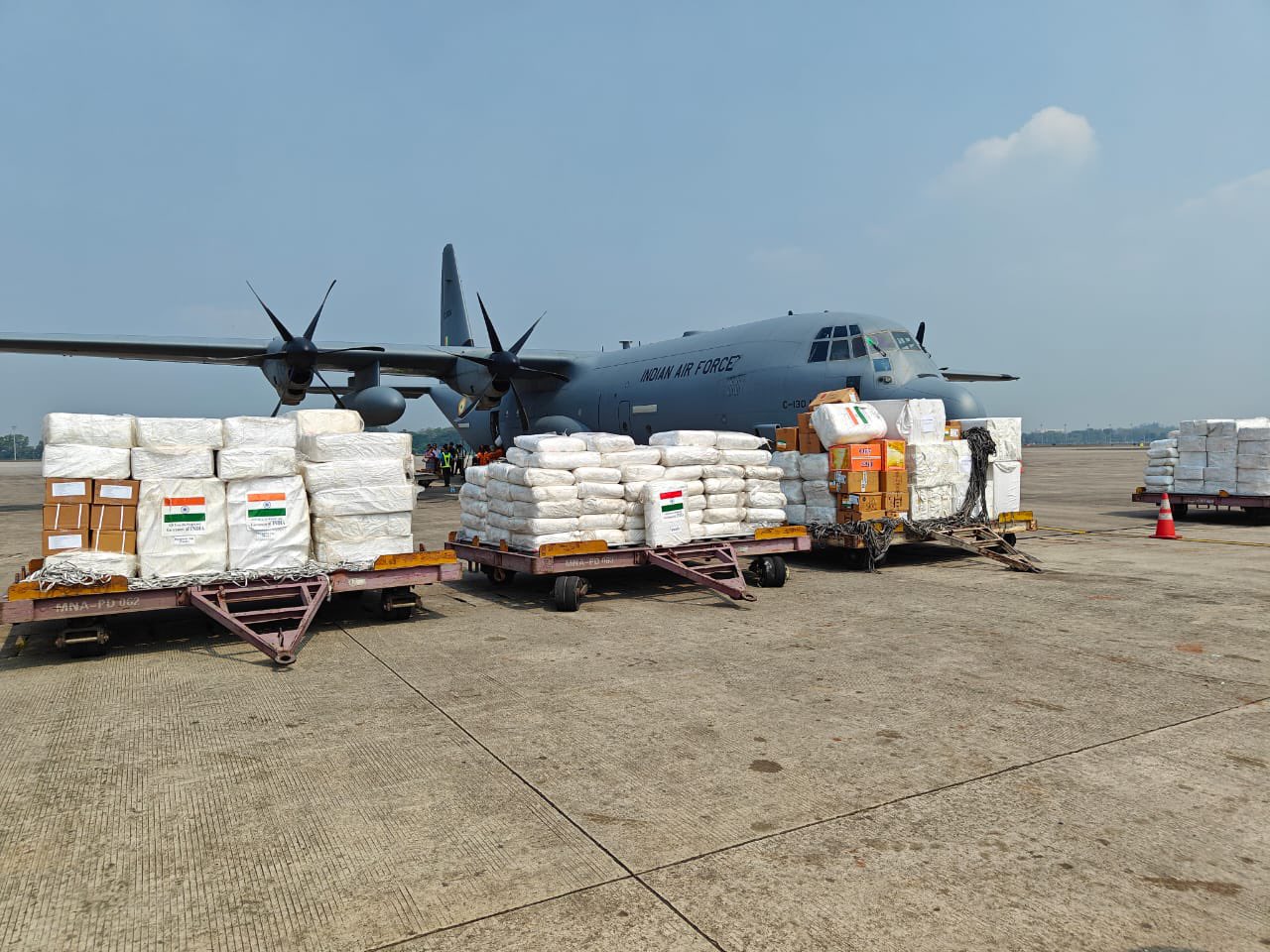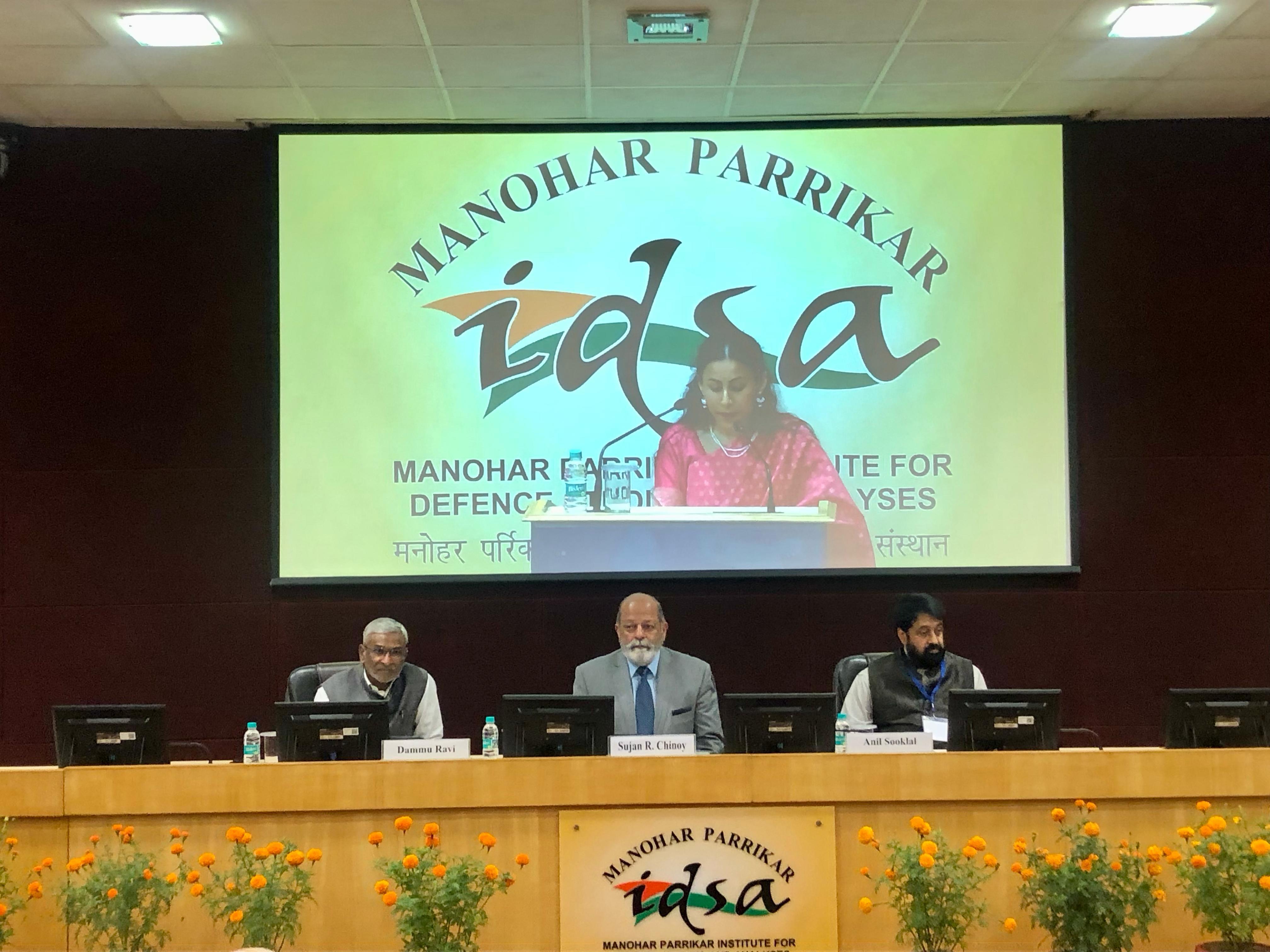
New Delhi: India and European Union on Wednesday held its 15th summit during which India’s border row with China in eastern Ladakh figured prominently.
For the first time, it took place on the virtual platform.
India was represented by the prime minister, Narendra Modi, while the EU was led by the European Council president, Charles Michel, and the European Commission president, Ursula Von der Leyen.
“We discussed this topic (India-China border standoff) … Prime Minister Modi also informed us about the latest developments regarding this incident with China and we support all the efforts in order to maintain a channel of dialogue, in order to find a peaceful solution,” Michel said during an online news briefing from Brussels.
Von der Leyen said, while the EU shares “important” relationships with both India as well as with China, with New Delhi, Brussels shares “democracies and values”, while relationship with China is “complex”.
She said the EU has “strong” trading relationships with both India and China, and both are “very important” for Brussels in the fight against climate change.
While talking to reporter online here after summit, the secretary (west) in the ministry of external affairs, Vikas Swarup said, “I would say that as part of the review of global and regional developments our relations with China did come up. The prime minister shared our views on the India-China relationship in general and the current situation in the border areas.”
On being asked about cross border terrorism and Pakistan, Mr Swarup said, “Pakistan came up both in the in the context of the activities that it has been continuing against India and other countries in the region as well as the context of global networks.”
India and European Union also launched the “India-EU Strategic Partnership: A Roadmap to 2025”, which is a common roadmap to guide joint action and further strengthen the India-EU Strategic Partnership over the next five years, with a priority on foreign policy and security issues.
After being in suspended mode for several years, both sides launched a high-level trade and investment dialogue.
The talk for free trade agreement was began in 2007.
India and the EU held their last round of formal negotiations on the free trade agreement (FTA), officially called the Broad-based Bilateral Trade and Investment Agreement (BTIA), in 2013.
Since then, although both sides have discussed the matter at a technical level, they continue to remain “far apart” on the differences.
“Of the broad-based trade and investment agreement, the leaders recognised that economic recovery priorities offer opportunities to unleash the full potential for their economic ties, including discussion on supply chain linkages between India and Europe,” Swarup said.
Modi also invited European companies for investing in India taking into account “our efforts to improve ease of doing business regulatory environment in our aim to integrate India with global value supply chains,” according to Swarup.
While the EU believes some of the programmes rolled out by India such as “Make in India” and “Atmanirbhar Bharat” have given rise to protectionist tendencies, New Delhi sought to quell that stating that a self-reliant India will make itself more integrated in global value chains, he said.

